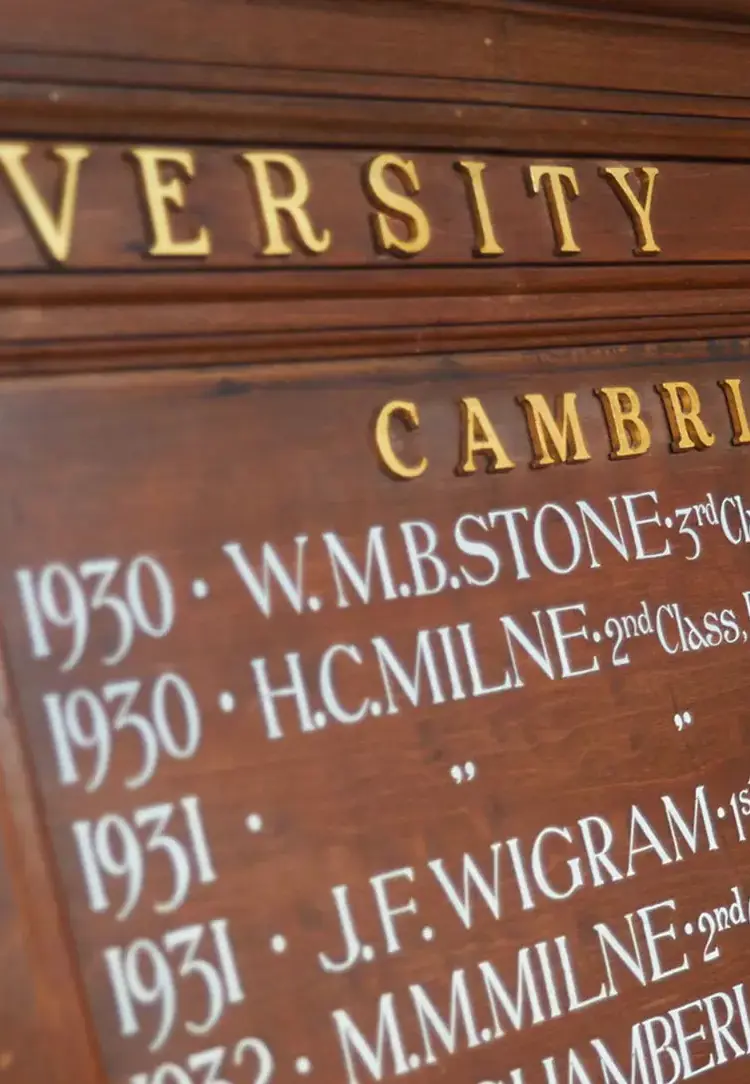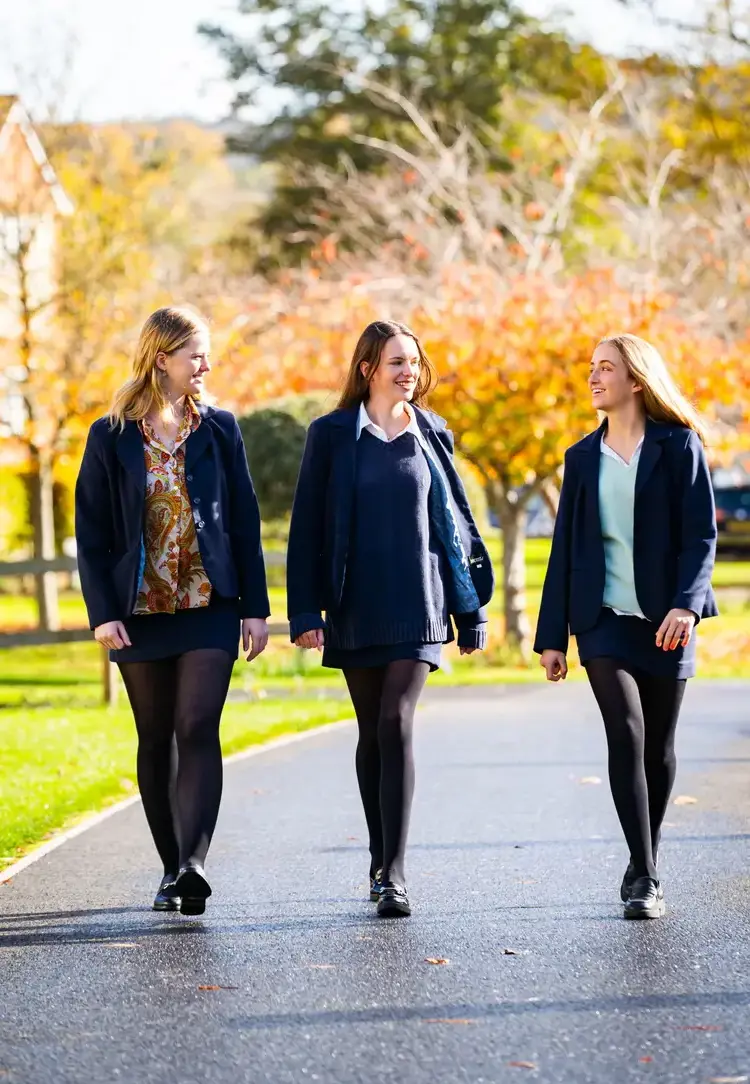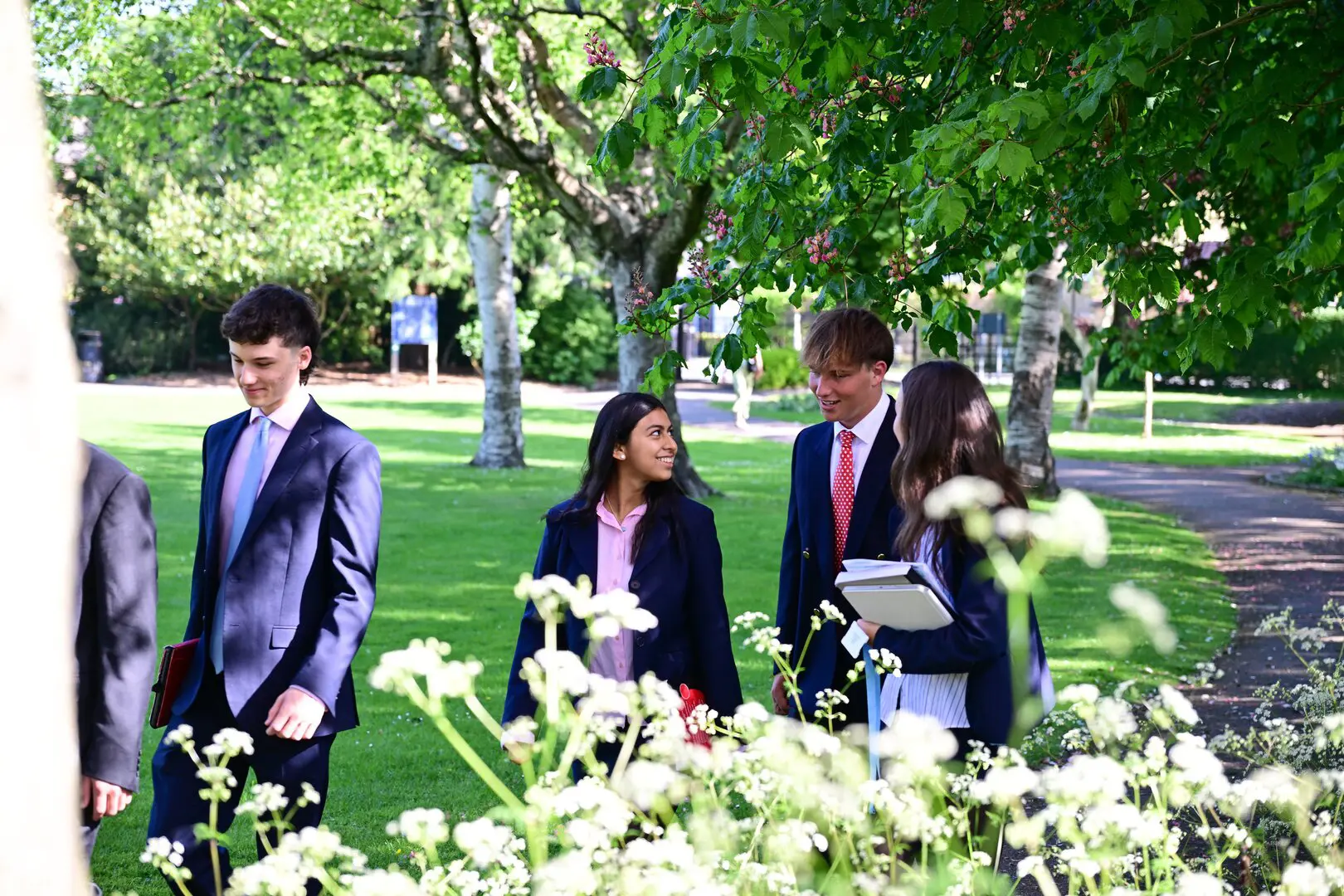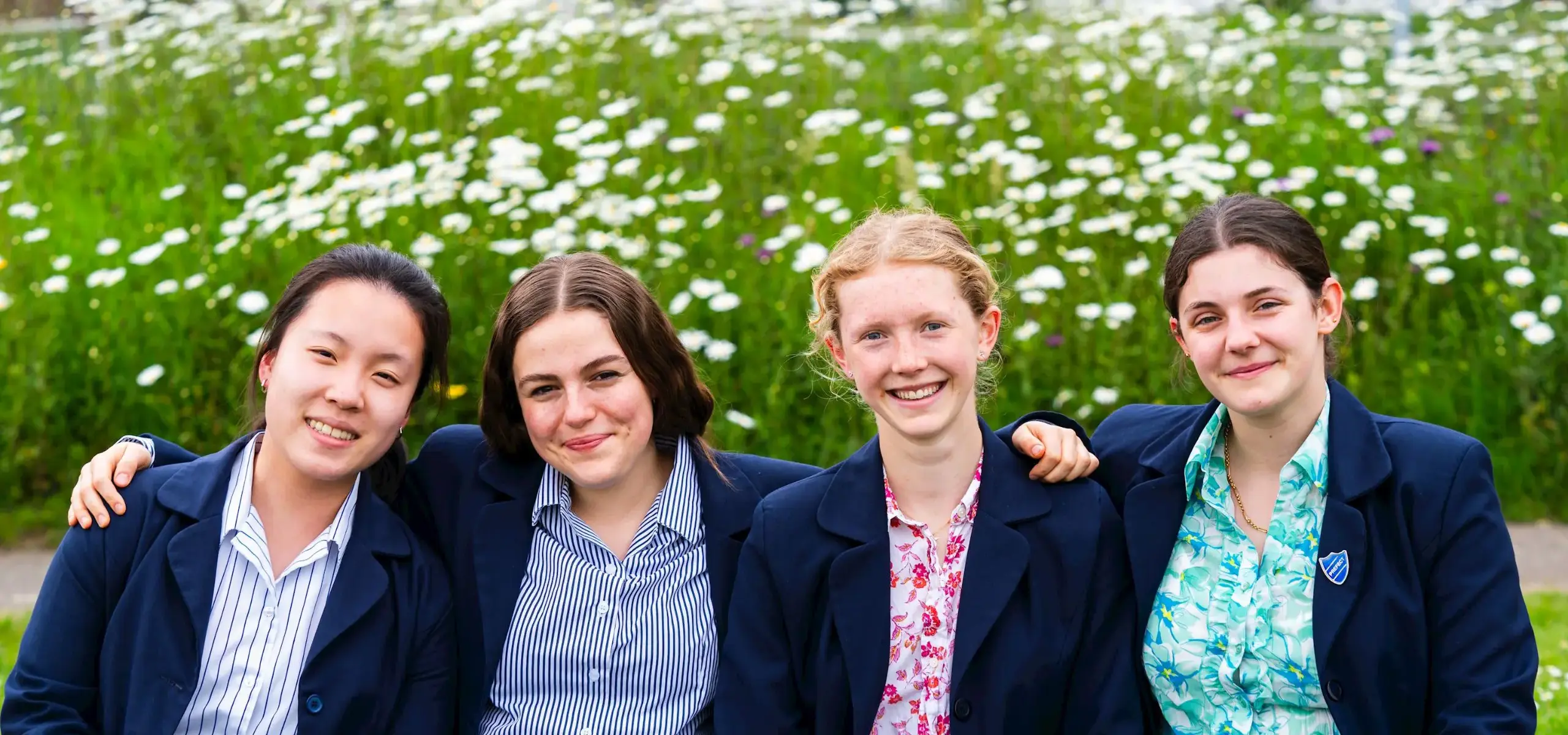Balancing Character, Wellbeing, and Academics: Preparing Pupils for a Changing World
By Ruth Sullivan, Head, Sherborne Girls, and Simon Heard, Headmaster, Sherborne Boys
Education is undergoing one of the most profound transformations in living memory. In a world shaped by technological disruption, climate challenges, and shifting cultural and geopolitical landscapes, schools face an urgent question: how do we prepare young people not just to succeed, but to thrive as resilient, ethical leaders who are empowered to imagine and create a positive future for themselves and the world around them?
For decades, academic attainment has been the dominant measure of school success. Grades, university places, and league table positions have provided clear, if narrow, benchmarks. Yet employers, universities, and pupils themselves are increasingly signalling that this is not enough. Character, wellbeing, adaptability, teamwork, and the capacity to collaborate across disciplines are emerging as equally important currencies in the 21st century.
At Sherborne Schools Group, we believe these are not competing priorities but complementary ones. Academic rigour provides the intellectual foundations, but it must be balanced with intentional character development and the cultivation of wellbeing. If young people are to successfully navigate complexity and uncertainty, they must be equipped not just with knowledge, but with the skills, self-awareness, resilience, and ethical compass to apply it.
This integrated approach requires more than adding a wellbeing lesson to the timetable or running a leadership workshop. It involves embedding these values into the daily fabric of school life: through mentoring, pastoral systems, opportunities for reflection, and leadership roles that allow pupils to learn by doing. It means ensuring that success is defined not only by examination results, but also by the capacity to act with integrity, to care for others, and to make responsible decisions in an interconnected world.
The challenge, of course, is how to achieve this balance while also respecting each pupil’s individuality. Today’s learners are not a homogenous cohort; they are diverse in their aspirations, learning styles, and life experiences. Schools must therefore design flexible, personalised pathways that stretch the most able and inspire and support every learner, whatever their starting point. Interdisciplinary approaches, digital fluency, and real-world projects can all help ensure that learning feels meaningful and relevant.
Crucially, this balance also positions pupils to become innovators and changemakers. By linking academic study with entrepreneurship, sustainability, and community engagement, schools can help young people see themselves as active contributors to society, not passive recipients of knowledge. When pupils are encouraged to design ventures, lead service initiatives, or collaborate with universities and businesses, they develop not only transferable skills but also a sense of purpose.
None of this is simple. It requires courage to move away from traditional silos and towards an integrated model of education. It demands evidence-based evaluation, so that schools can measure progress in character and wellbeing as rigorously as they measure exam performance. And it calls for a culture in which staff are supported to be innovators, modelling the adaptability and creativity we expect from pupils.
But the prize is great. By aligning academic excellence with character and wellbeing, schools can prepare young people who are not only knowledgeable but also grounded, empathetic, and future ready. In a rapidly changing world, this is not a luxury – it is an imperative.













